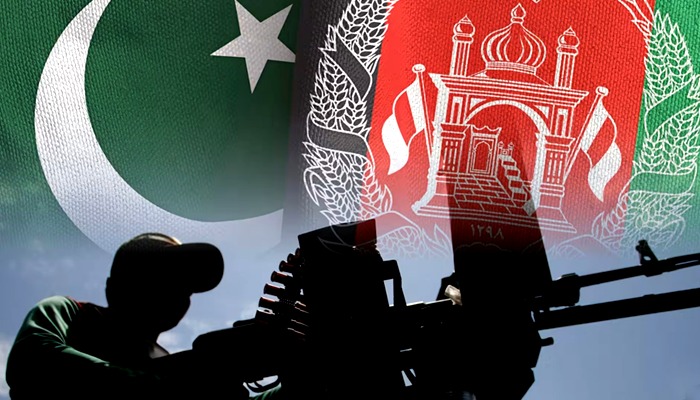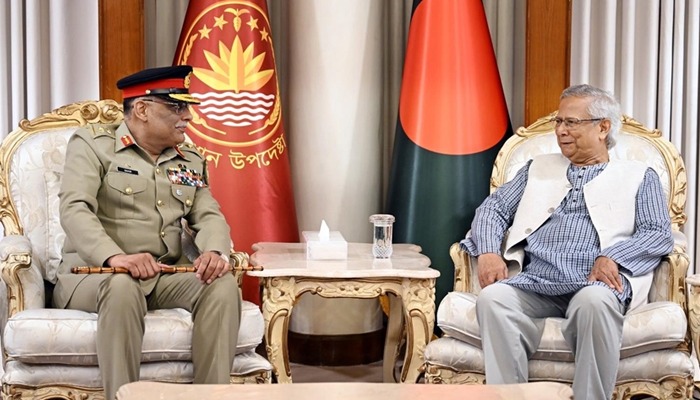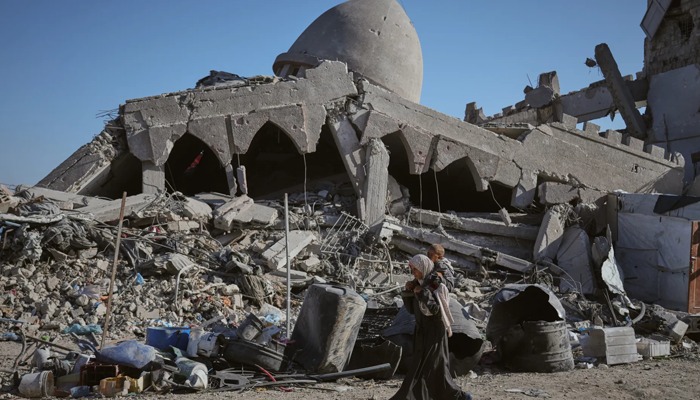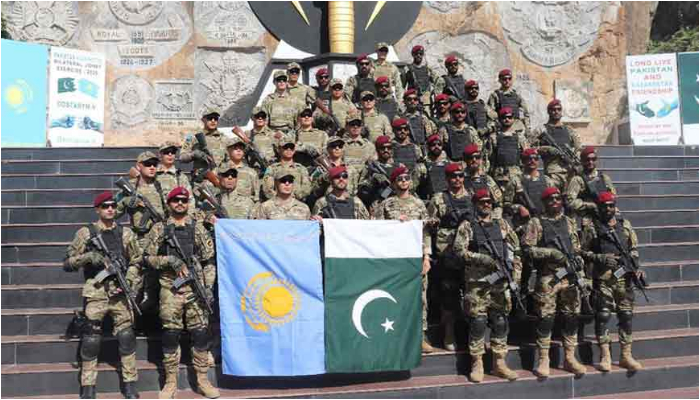Islamabad: Pakistan has reaffirmed its policy of “zero tolerance” toward cross-border terrorism as talks with the Afghan Taliban in Istanbul hit an impasse over the group’s refusal to act against militants targeting Pakistan, security officials said.
According to senior sources familiar with the negotiations, Islamabad presented “clear, evidence-based, and solution-oriented” demands to the Taliban delegation. However, they said the Afghan side has remained inflexible and unwilling to acknowledge the presence of anti-Pakistan militants operating from Afghan soil.
“The Taliban’s arguments were illogical and detached from ground realities,” one security official said, expressing doubts about the group’s sincerity in pursuing regional stability.
Mediation Efforts by Turkiye:
Turkiye’s intelligence chief, Ibrahim Kalin, is mediating the second round of talks between the two sides in Istanbul. Sources said Ankara is attempting to bridge the gap by helping the Taliban delegation understand the gravity of Pakistan’s concerns, but progress remains contingent on the group’s “seriousness and readiness to cooperate in good faith.”
The latest round of talks follows an earlier meeting in Doha on October 19, mediated jointly by Qatar and Turkiye. The Doha discussions produced a temporary ceasefire after deadly border clashes that left 23 Pakistani soldiers martyred and over 200 Taliban and affiliated militants killed, according to Pakistani military sources.
Pakistan’s Final Position:
During the Istanbul negotiations, Pakistan presented its final counterterrorism framework, calling on Kabul to take “concrete and definitive” steps to dismantle terrorist networks, particularly those linked to the Tehreek-e-Taliban Pakistan (TTP).
Officials said Islamabad made it clear that “any tolerance or shelter for militants targeting Pakistan will not be acceptable under any circumstances.”
The Afghan Taliban submitted a written response to Pakistan’s plan early Sunday morning, but officials described it as “evasive and lacking substance.” Islamabad has reportedly told mediators that further dialogue depends entirely on Kabul’s willingness to act decisively against terrorist groups.
Border Tensions and Military Response:
Tensions between the two countries have escalated since recent border clashes, which Pakistan says were instigated by Taliban fighters. The Pakistan Armed Forces launched precision strikes inside Afghanistan’s Kandahar province and Kabul, destroying multiple militant strongholds, according to official reports.
In the aftermath, Pakistan closed its border crossings with Afghanistan, prioritizing security over trade, while reiterating that the protection of its citizens “comes before the movement of goods.”
Proxy War Allegations:
Speaking to reporters in Sialkot on Saturday, Defence Minister Khawaja Asif, who led the Pakistani delegation in Doha, accused India of waging a “proxy war” against Pakistan through the Afghan Taliban.
He warned that if the ongoing peace talks fail, Pakistan would be left with “no option but to prepare for an all-out war.”
However, Asif also noted that there was “an urge for peace” evident during the Doha discussions, adding that Islamabad would “continue to pursue dialogue — but not at the cost of national security.”



















